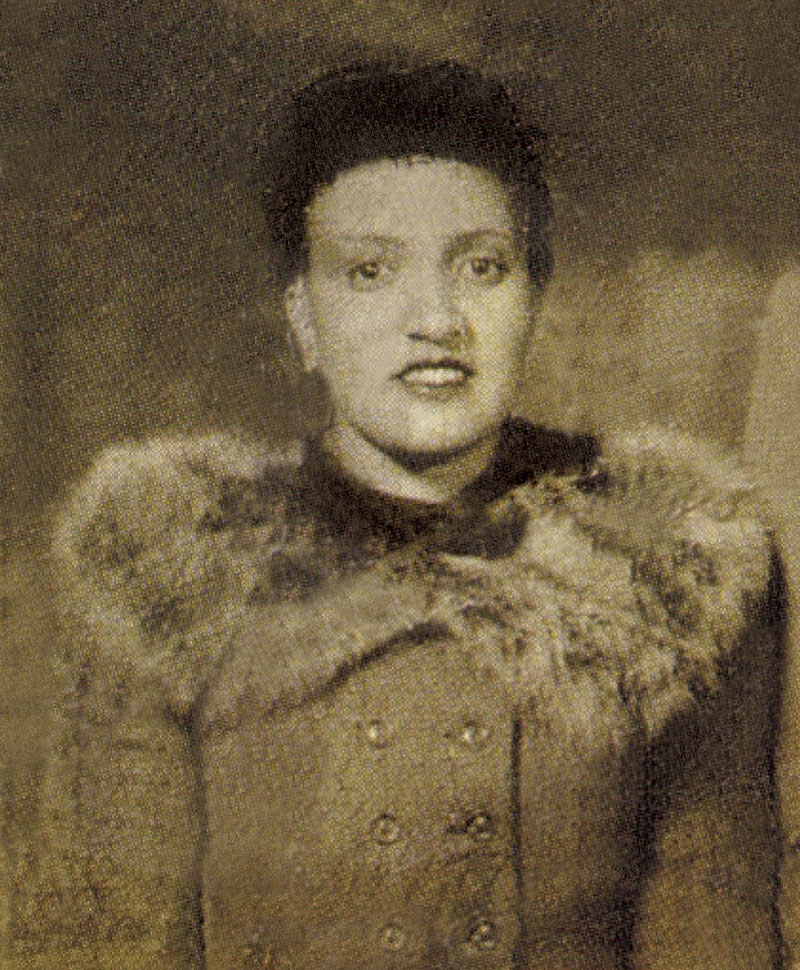
Reproduction from the book Immortal Life Of Henrietta Lacks, by Rebecca SklootLacks, whose family was finally compensated for the use of her cellsReproduction from the book Immortal Life Of Henrietta Lacks, by Rebecca Skloot
In October 1951, Henrietta Lacks, a mother of five children, died of uterine cancer at Johns Hopkins Hospital in Baltimore, USA, at the age of 31. Without her consent, doctors took cell samples from her tumors, which continued to multiply in a laboratory environment instead of dying within a few days as usually occurs. Scientists used the so-called HeLa cells (named from the first syllables of her first name and surname) to study the action of the polio virus and to develop vaccines and treatments for cancer and other diseases. Her family only found out about the cell line, used in laboratories around the world, in 1973. They were never compensated. In early August, her descendants announced that they had reached an agreement with Thermo Fisher, an American biotechnology company that they accused of having earned billions of dollars from HeLa cells. The company had called for the case to be dismissed, arguing that it had been filed after the statute of limitations had expired, but the family’s lawyers argued the time limit should not apply because the company continued to benefit financially from the cells. The terms of the settlement remain confidential, according to the lawyers for both sides (Associated Press and The New York Times, August 1).
Republish